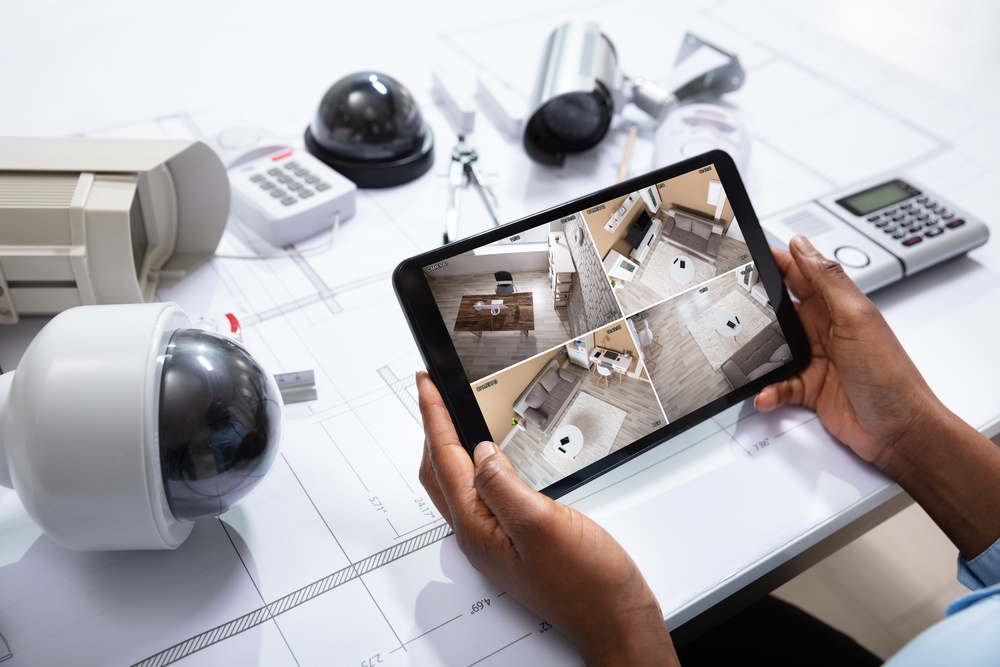I am guessing few would be surprised to learn of a landlord who supports the idea of installing security cameras to monitor properties. After all, property damage is one of the biggest challenges that landlords face. But with security cameras comes the concern about a landlord’s legal responsibility regarding what is known as the expectation of privacy.
The reasonable expectation of privacy is a legal doctrine stipulating that there are certain spaces in which people expect privacy, spaces that cannot be surveilled without permission from a court. Two perfect examples are public restrooms and department store changing rooms.
The challenge for landlords is that the doctrine applies to their properties as well. Regardless of the types of rentals they operate, there are restrictions on how video cameras can be utilized.
Long and Short-Term Rentals
The states have jurisdiction over video surveillance and how it is used. Most states draw a distinction between long and short-term rentals. A long-term rental is a residential unit with a lease that typically spans 6-12 months. A short-term rental is more or less a vacation property. New tenants come in every week or two.
Why does this matter? Because most states recognize long-term rentals as domiciles. This means that landlords cannot invade the privacy and sanctity of an apartment or rental house without first notifying the renter. From a home security standpoint, it means that absolutely no cameras are allowed inside without tenant approval.
Short-term rentals are treated differently in most states. The general rule is that a landlord can install security cameras in shared spaces like kitchens and game rooms. But cameras are not allowed in bedrooms, bathrooms, saunas, and pool changing rooms.
The Availability of Cheap Home Security
A number of things have contributed to the growing chatter about privacy and tenant rights in relation to security cameras. One of the contributing factors is the availability of cheap home security systems. As equipment has become more affordable, landlords have embraced it in greater numbers.
Vivint Home Security’s new HomeProtect product illustrates the point nicely. HomeProtect offers an affordable, entry-level home security system complete with professional installation and an option to include three years of remote monitoring. It is competitively priced for those customers looking for affordable home security.
A landlord looking to install a complete system could buy an all-in-one package. But he could also settle for single devices. Either way, he will not spend nearly as much as landlords did decades ago.
Tenants Like It, Too
Affordable home security is not just attractive to landlords. Tenants like it, too. A tenant whose lease does not allow him to install a complete security system that would alter the unit he lives in can at least purchase a cheap Wi-Fi camera to monitor things in his living room.
Speaking of tenants and home security systems, this brings up another issue: surveillance of public spaces in a multi-unit building.
The states generally allow property owners to install video cameras to surveil building entrances and common corridors. But state laws are iffy on whether such cameras can show views of individual apartment entrances. By the same token, can tenants install wireless cameras or video doorbells to provide views of the space just outside their doors? It’s tricky.
The reasonable expectation is that privacy doctrine puts limits on video surveillance of rented properties. It needs to be that way to prevent any sort of abuse. Unfortunately, it creates a lot of sticky situations for landlords and tenants alike. There is no way around it. Privacy and video surveillance are destined to clash at some point.a

